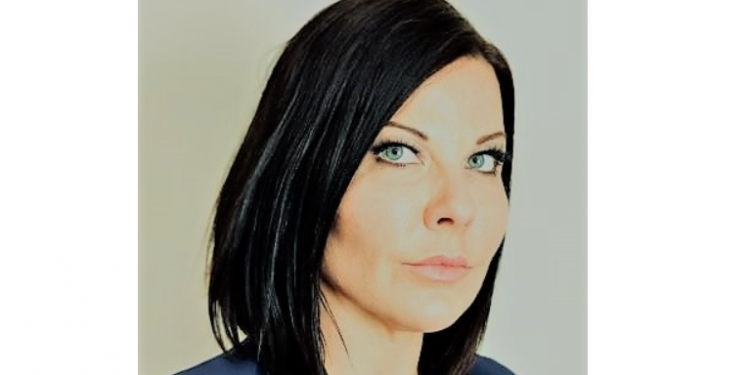The protection sector needs to be better at embracing flexibility when designing products to meet changing consumer needs and increase sales, experts from across the sector have agreed.
They highlighted items including reviewable exclusions, deferred periods and using new technology such as open banking to keep products relevant and policyholders engaged.
Speaking at the Protection Review Conference, Heath Protection Solutions managing director Naomi Greatorex (pictured) told delegates it was important protection insurance products were flexible and could change with people.
Greatorex added that while the sector has historically been “very inflexible”, some insurers were embracing innovation in designing products such as introducing reviewable exclusions on income protection.
She noted that exclusions do not need to apply for the whole term of the policy and they should be relevant.
“I think that’s really important,” Greatorex said.
“To give you an example, I’ve got a client at the moment who had some physio sessions for back pain, and he’s got a back exclusion on his income protection.”
She continued: “If he doesn’t have back pain every few years, you want him to be able to go back to the insurers and say, ‘I’m okay – can you take the exclusion off or at least can you review my contract?’
“Those are the important changes that you want to see in insurance companies. Who is doing that? Who is not? And if you’re not, why not?”
Greatorex noted there were other areas which could become less rigid in product design to help as people’s lives evolve.
“As we look forward it will be about how we develop products around flexibility as people’s lives change, particularly around income protection,” she said.
“You want to be able to move the deferred period. “You want to be able to change the job class.
“All of these things are really important and it’s so important that insurance companies start to think about that.”
Open banking to keep track of life
It was a theme picked up in a subsequent panel debate when Adam Higgs, product manager Protection Guru, said the income protection sector needs to build products that are far better at keeping track of someone’s life and income.
“I think the biggest problem with income protection is that it is not good at keeping track,” he said.
“So I would like to build something that will incorporate open banking so we can understand what that client is earning over the past six, 12 months and better keep track of that.”
Stephanie Hydon, national account manager at Ipipeline agreed, adding the sector needs products that can “live and breathe with us”.
“So, they are not just something that sticks in a drawer, that you write a Post-It note on to say, my broker told me never to cancel this because of x, y, z,” she said.
“It goes in the drawer, and you never go into that drawer.
“It’s about products that live and breathe with you and using things like open banking and connected processes to facilitate that.
“It absolutely has to be about products that can flex with your income, with your life changes because let’s face it, nothing is linear anymore.
“We don’t live in a man meets woman, gets married, has child, has a promotion, buys a house and dies world. Our society is far more fluid and actually chaotic frankly, so we need products that can move with that and work with that.”






